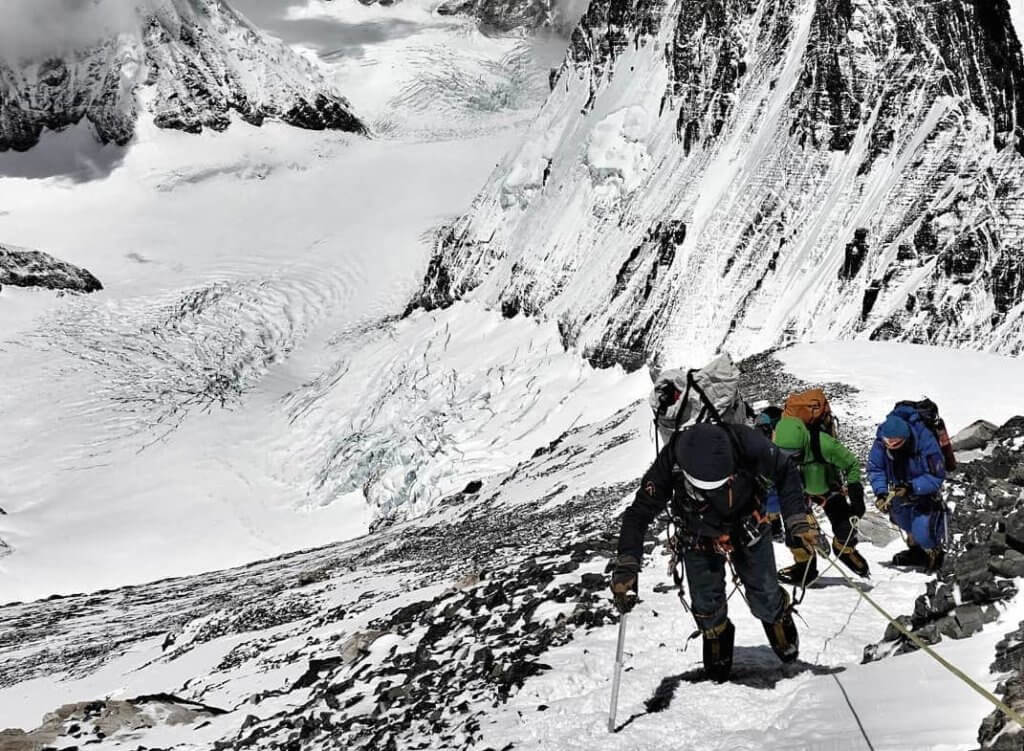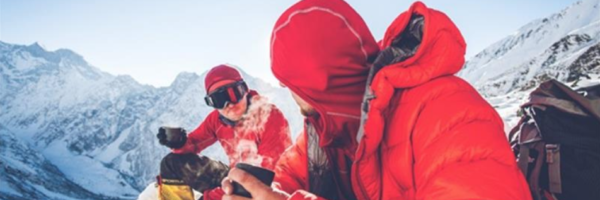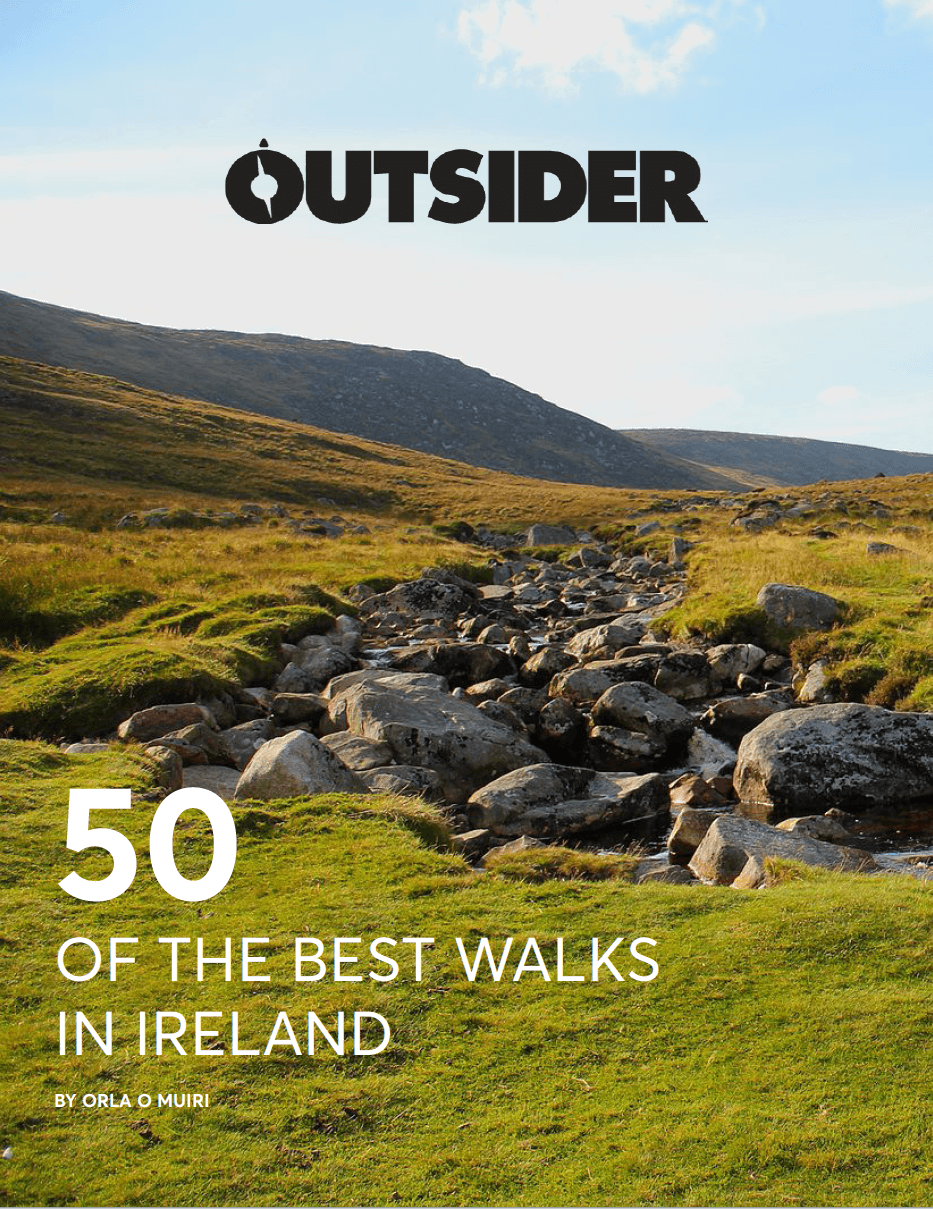Recent investigations surrounding some trekking companies in Nepal’s tourism industry have uncovered a grim, shocking, multi-million dollar scam directed at the thousands of people who climb Mount Everest every year.

Various international insurance agencies’ investigations have found that many fraudulent trekking companies have been pressuring climbers to abandon ascents at the first sign of minor health issues, forcing the climbers to take expensive, emergency helicopter rides down the mountain to hospitals. In some cases, guides have even spiked tourists’ food in order to make them ill until they required to be rescued.
According to The Guardian, Danny Kaine, a British trekker who was hired by three insurers to investigate why 2017 had been the most expensive year for insurance companies, complained to his guide that he was suffering from a minor headache.
The guide immediately insisted that Kaine be transported to a hospital via helicopter, and, according to Kaine, became quite aggressive while suggesting this emergency departure. Kaine was then flown to a private hospital in Kathmandu, where he was put through a series of tests. His entire bill came out to $12,800 – all for a headache.
One investigation even found that guides were spiking climbers’ food with baking soda in order to cause serious diarrhea, thereby forcing hikers to need helicopters for an emergency descent. Also, in some cases, multiple “ill” trekkers are forced to descend in the same helicopter, but, once they arrive at the hospital, they are told to claim that they travelled alone, making insurance companies pay for each individual ride and thereby increasing the fraudulent profit exponentially.
Trekking to Everest Base Camp: Everything You Need To Know
This scam looks to make money at every possible level. Trekkers are forced to descend the mountain in pricey helicopters. They are then taken to hospitals where they are subject to tests that are all billed to their insurance companies. The guides, helicopter companies, and hospitals all take a cut of the money from these false insurance claims. According to an investigation on behalf of the international insurance companies that insure Everest hikers, there were over 1,600 helicopter rescues in 2018 alone, and from those rides, 35% were fraudulent, costing the insurance companies over $4 million.
Insurance companies have stated that, if the government does not take action by 1 September, they will stop providing coverage for trekkers. This would have a huge hit on the Nepal economy which relies heavily on tourism.
Since then, the Nepal tourism ministry issued new laws stating that helicopter companies, trekking guides, and hospitals must submit every rescue invoice to a new government committee within 10 days of the patient being billed.
Since the major influx of climbers heading to Everest, many trekking companies are trying to make a couple quid, or, a couple million quid, off of trusting tourists. As of now, according to The Guardian, unspecified legal action is being brought against 15 Nepalese companies accused of unnecessary evacuations or hospitalisations, with more surely to come.
Like this? Check out these other articles:











Pingback: Product We Love: The Cora Ball | Outsider.ie